Nội Dung Chính
- 1 SPEAKING Work in pairs. Ask and answer the questions.
- 2 Read the Reading Strategy. Then read the article to get am idea of the general meaning. Which is the best summary: a, b, c or d?
- 3 Match the paragraphs (A-H) with questions 1-10 below. Two of the paragraphs match more than one question.
- 4 Read the article again and answer the questions.
- 5 SPEAKING Work in pairs. Ask and answer.
- NIGHT AND DAY
- HOW MUCH SLEEP DO WE NEED?
- OUR PERSONAL BODY CLOCK
(Page 42)
I can understand an article about the human body clock.
1 SPEAKING Work in pairs. Ask and answer the questions.
1 What time do you usually go to bed a) on weekdays and
b) at the weekend?
2 What time do you usually get up a) on weekdays and
b) at the weekend?
3 Have those times changed much since you were younge
Reading Strategy
When matching questions with texts, follow these steps:
1 Read the text to get a general idea of the meaning.
2 Read the task's lead-in line very carefully (In which period of the day...). Then read all the options carefully.
3 Read the paragraphs of the text carefully one by one and match them to the correct option.
4 If you can't find the answer, leave it for now and come back to it later.
2 Read the Reading Strategy. Then read the article to get am idea of the general meaning. Which is the best summary: a, b, c or d?
The writer's main purpose is to explain
a why children need more sleep than adults.
b why we should always get lots of sleep.
c why our bodies feel more or less tired at different times of day.
d why some people feel more alert than others.
3 Match the paragraphs (A-H) with questions 1-10 below. Two of the paragraphs match more than one question.
In which period of the day
1 do you completely stop digesting food?
2 is it best to be physically active?
3 do our bodies have difficulty digesting certain foods?
4 are older people more likely to have accidents?
5 does your body contain the most melatonin?
6 are you best at remembering things over short periods of time?
7 are you at your strongest physically?
8 does your body stop making melatonin?
9 is your body at its coolest?
10 does your body begin to become cooler?
4 Read the article again and answer the questions.
1 How much more sleep does a young child need than an adolescent?
2 What's the difference between 'larks' and 'owls'?
3 Why is it better not to exercise early in the morning?
4 When do sportspeople think is a good time to try to break a record?
5 If you want to lose weight, which is more important: when you eat or how much you eat?
6 Why is it not a good idea to use gadgets such as tablets and mobiles late at night?
5 SPEAKING Work in pairs. Ask and answer.
1 Do you get enough sleep? If not, why not?
2 How do you feel if you don't get enough sleep? What things are more difficult to do?
3 Do you use gadgets such as mobiles late at night? What for? Do you find that they keep you awake?
4 When are you most alert? Are you a 'lark', an 'owl', or in between the two? Explain your answer.
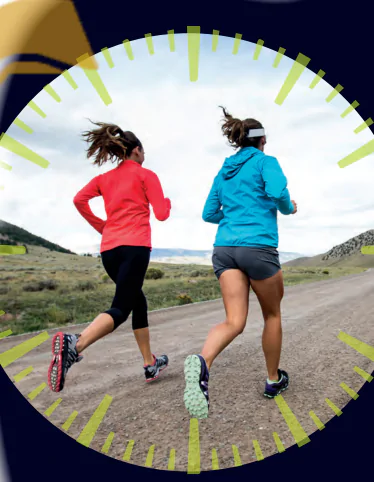
(Page 43)
NIGHT AND DAY
🎧1.35
HOW MUCH SLEEP DO WE NEED?
- Young children need more sleep than adults and tend to wake up earlier. A typical ten-year-old needs about ten hours' sleep.
- As you reach adolescence, your body clock changes. Most teenagers need about nine hours' sleep, but wake up later.
- As an adult, you'll need about eight to eight and a half hours' sleep a night.
- When we are much older, in our 70s and 80s, we're less able to sleep deeply and we usually need less sleep.
OUR PERSONAL BODY CLOCK
Each of us has our own personal body clock, which makes us more alert in the morning or more alert in the evening. You might be a 'lark' who likes to go to bed early and get up early, or you might be an 'owl' who prefers to go to bed late and get up late. Or somewhere in between.

A 6 A.M.-9A.M. Your body is waking up. It stops producing melatonin, the hormone which makes you feel sleepy. Blood vessels are stiffer and less flexible. Your blood is thicker and stickier and 5 your blood pressure is at its highest, so it's not the best time to exercise.
B 9 A.M. - 12 P.M. You're at your most alert at this time in the morning. Tests show that short-term memory is at its best right now.
10 C 12 P.M. - 3 P.M. Your stomach is full and working hard after lunch. You become much less alert and probably feel a bit sleepy. More road accidents happen at this time of day than at any other, particularly involving older 15 people.
D 3 P.M.-6P.M. This is a very good time to exercise. Body temperature increases in the late afternoon. Your heart and lungs work better and muscles are six per cent stronger than at 20 their lowest point in the day. Some sportspeople believe that if you try to break a world record at this time of day, you'll have a greater chance of success.
E 6 P.M.-9P.M. By now you'll be getting hungry. But don't eat too late! In the evening, our bodies struggle to digest fats and sugars. Studies show that people will lose more weight if they have their main meal at lunchtime rather than in the evening. (But how much you eat is always more important than when you eat.)
F 9 P.M.-12A.M. It's getting near to bedtime. Your body temperature is falling 5 and your body clock is telling you that it's time for bed. Your body is producing lots of melatonin to help you go to sleep. It can 40 be difficult to sleep with the light on because light reduces the amount of melatonin in your body. Blue light is particularly effective at keeping us awake. And mobile phones, computer screens and flat-screen TVs emit large 45 amounts of blue light. So turn off those gadgets!
12 A.M. - 3 A.M. Your body really wants to be asleep. Melatonin reaches its maximum level. Your stomach has stopped working and your brain is at rest.
3 A.M. - 6A.M
50 Melatonin levels are still high, and you are in deep sleep. Your body temperature is much cooler than at any other time of the day.
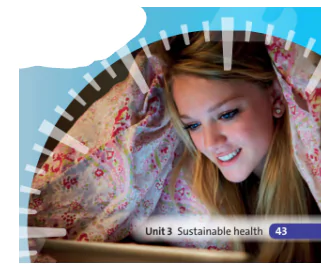
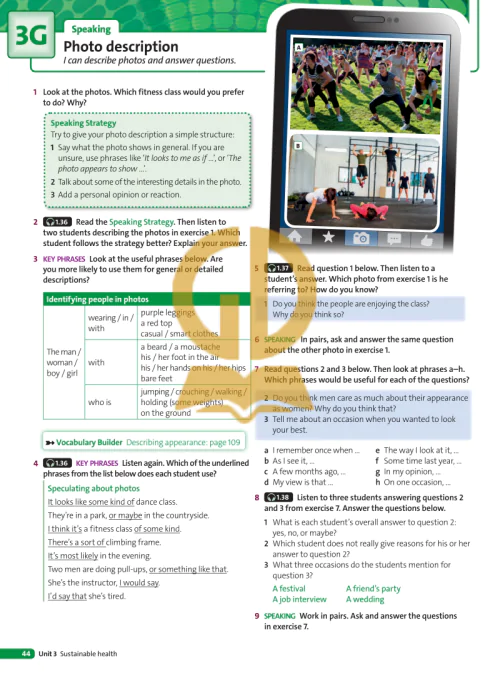

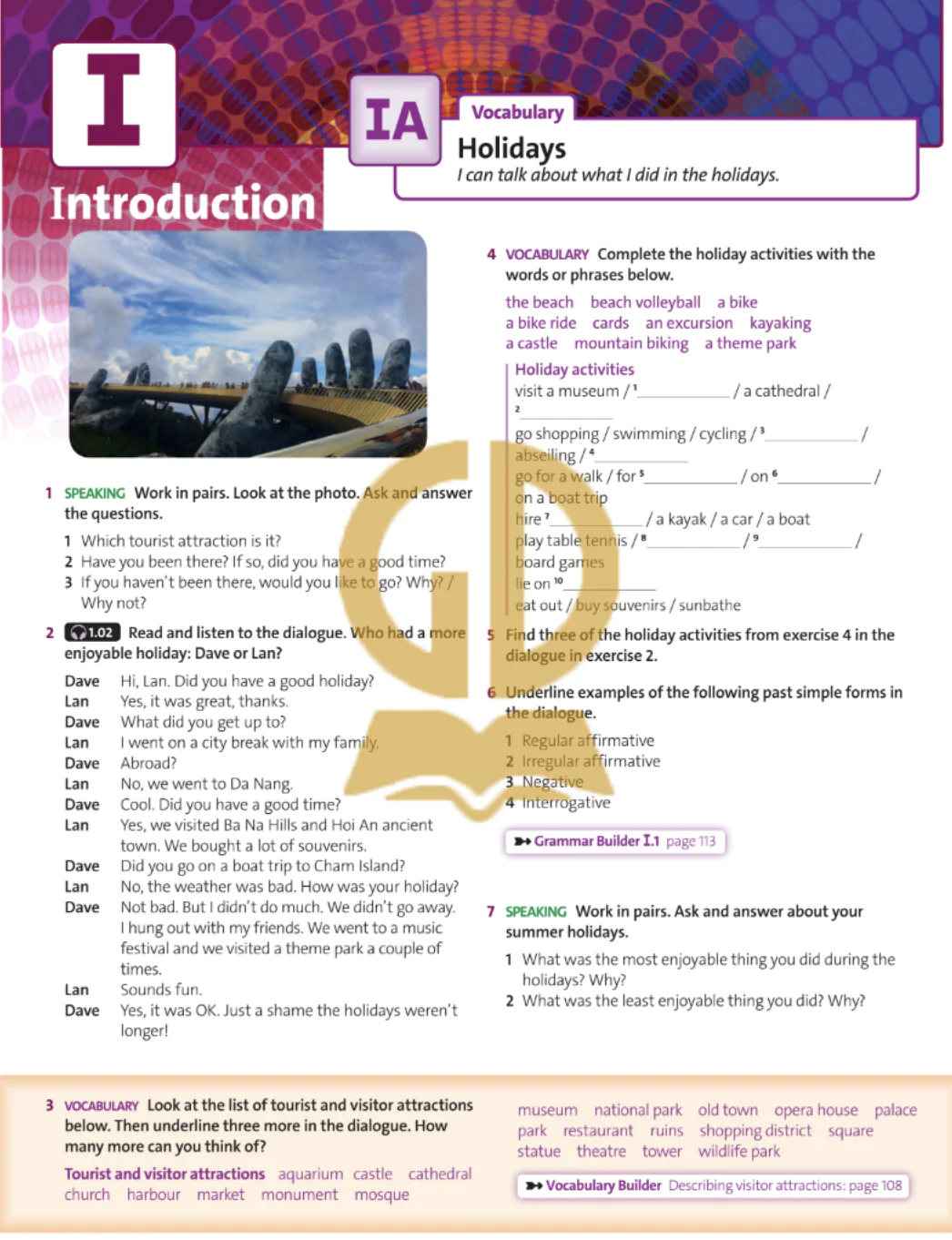
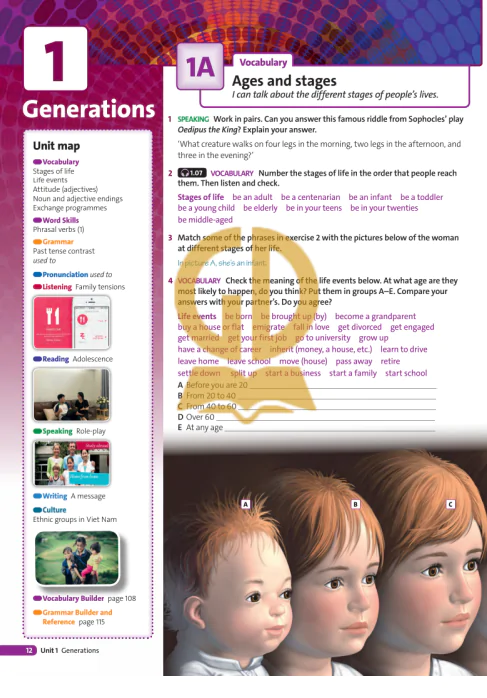
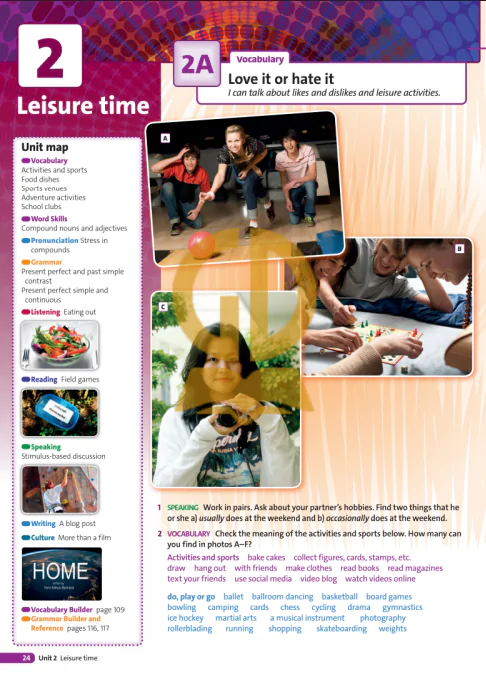
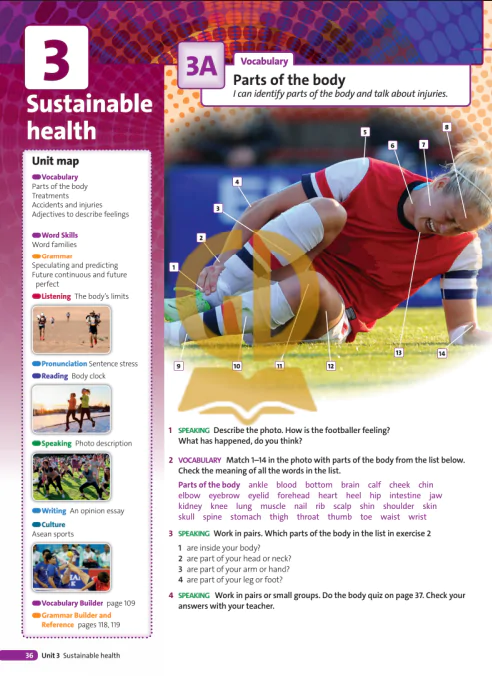
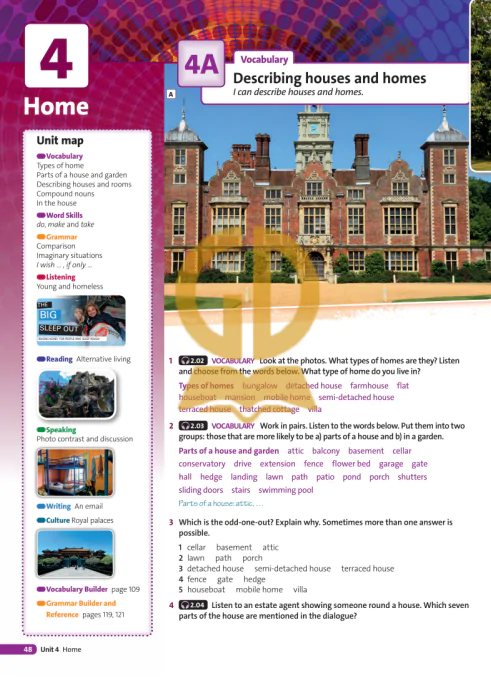



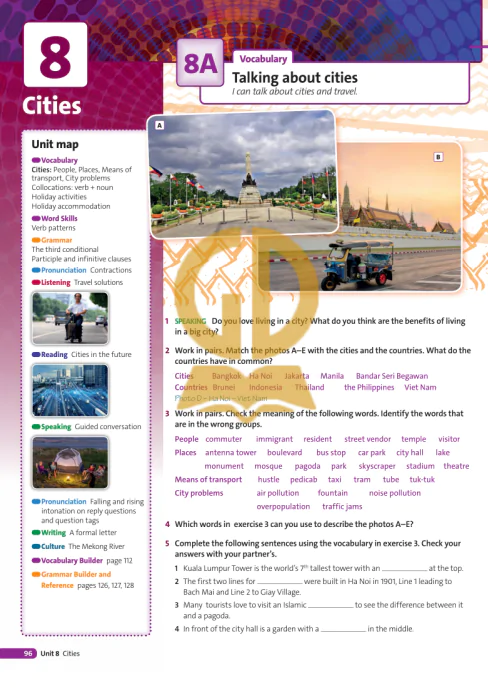

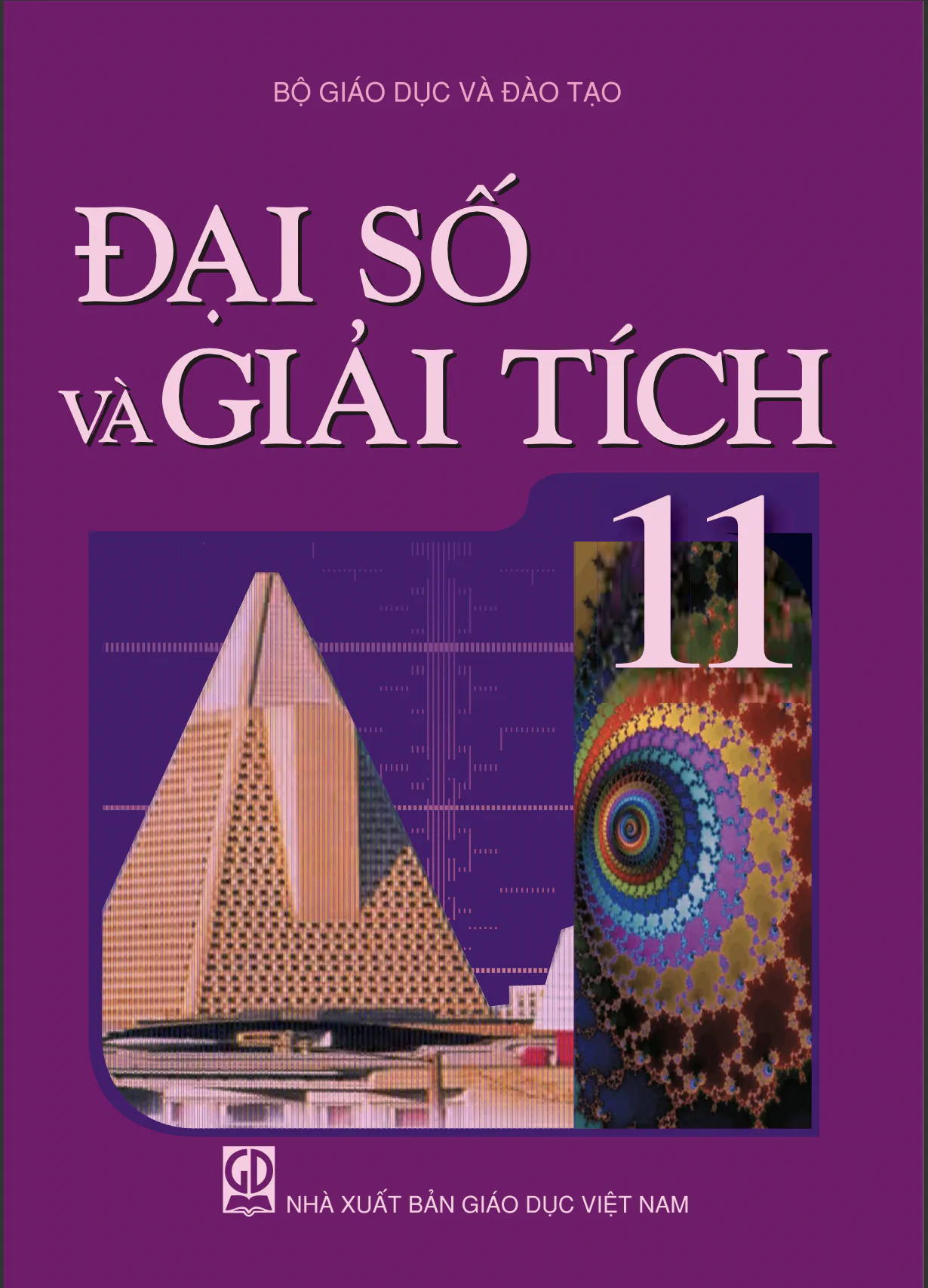

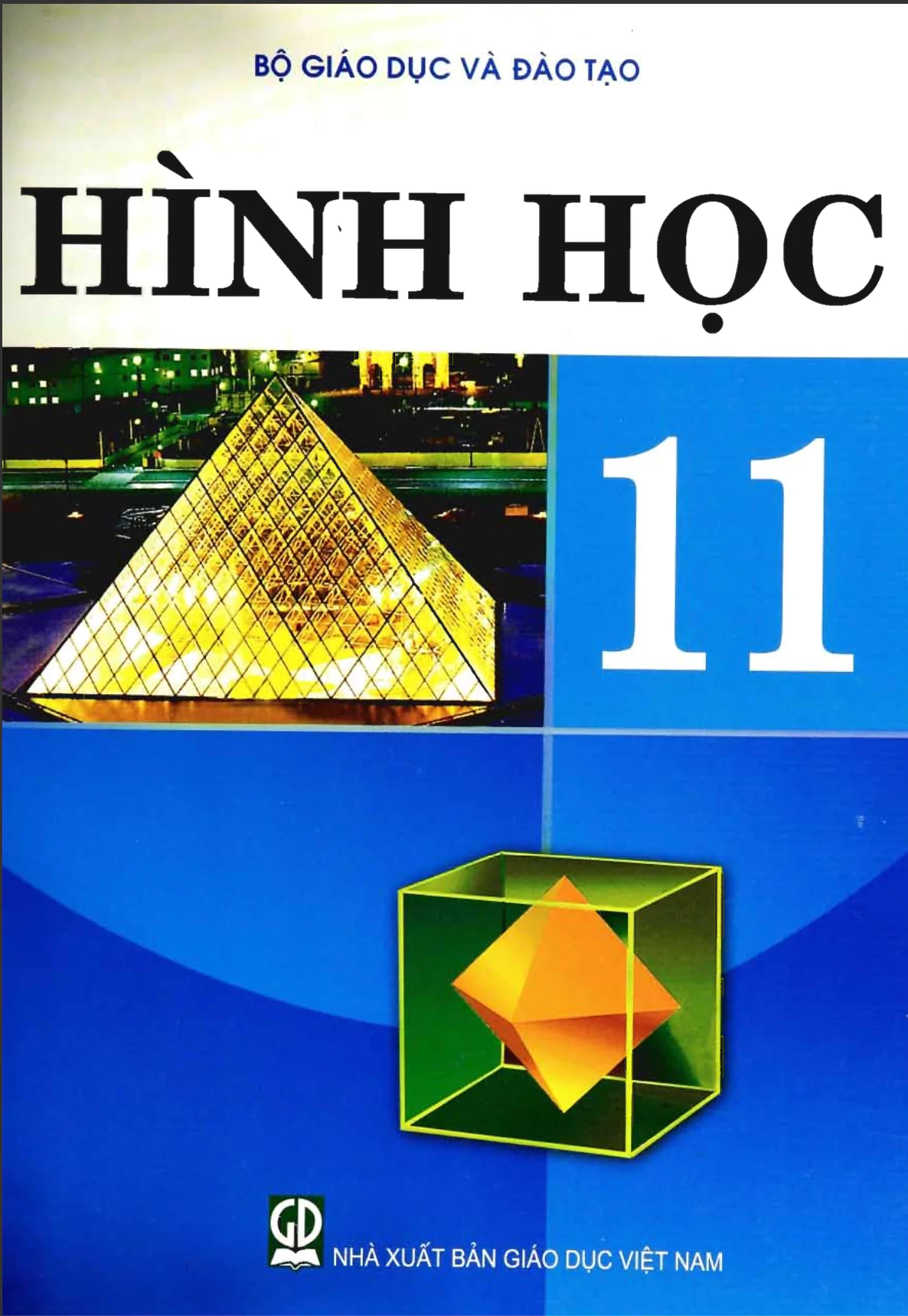
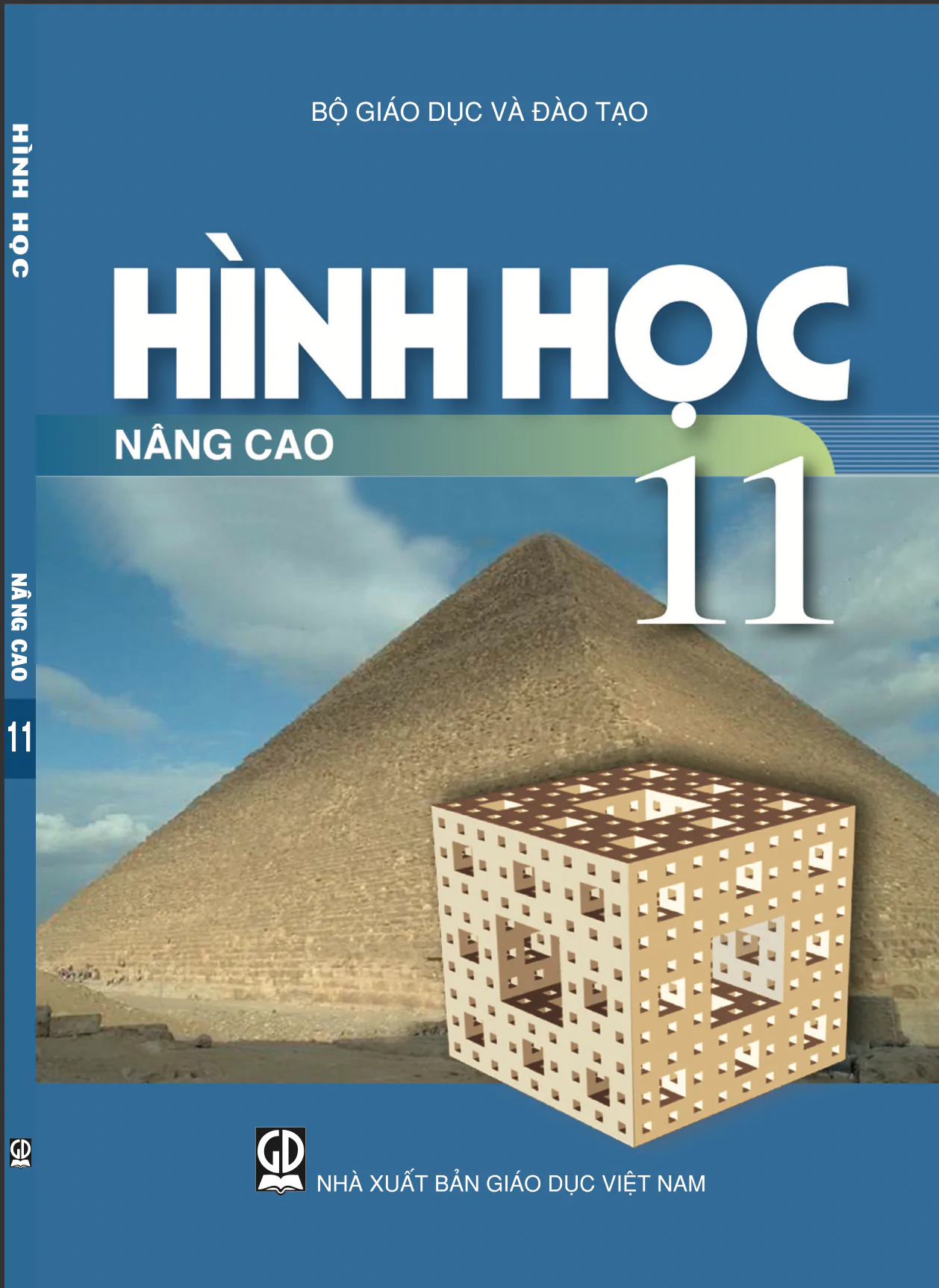
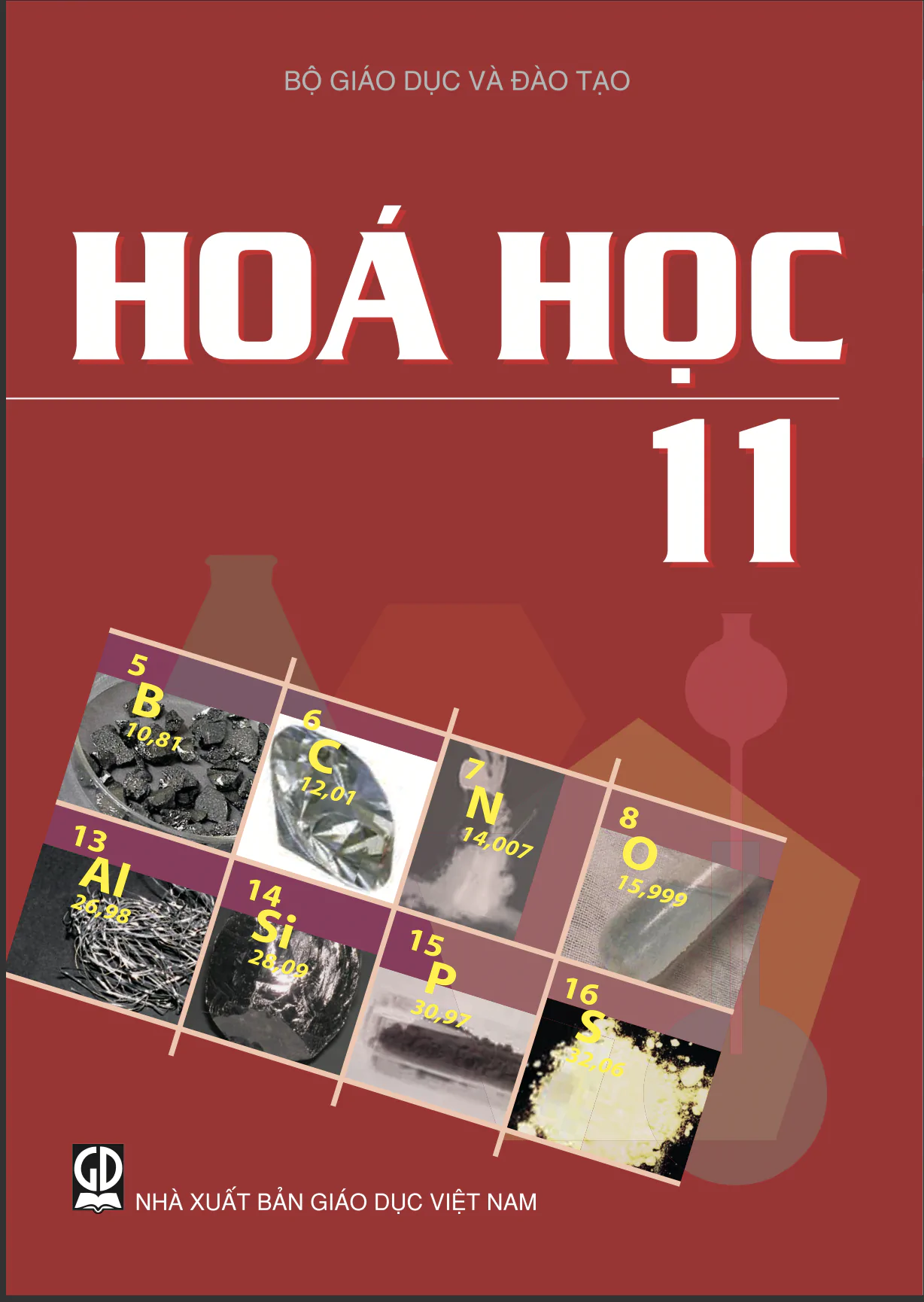



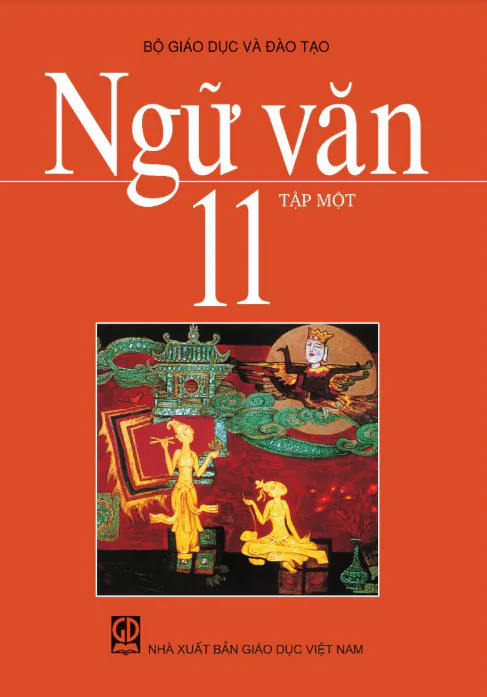
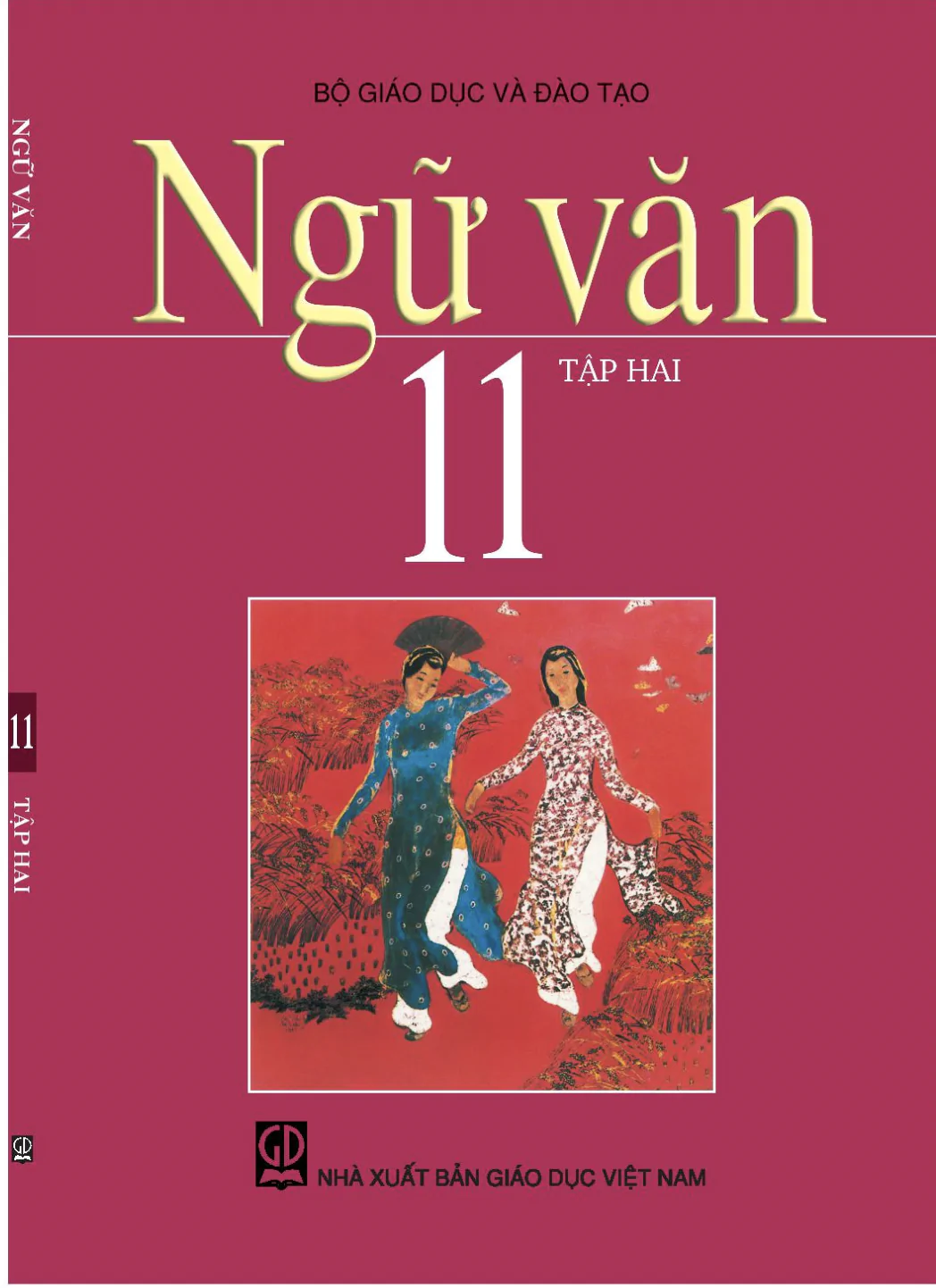



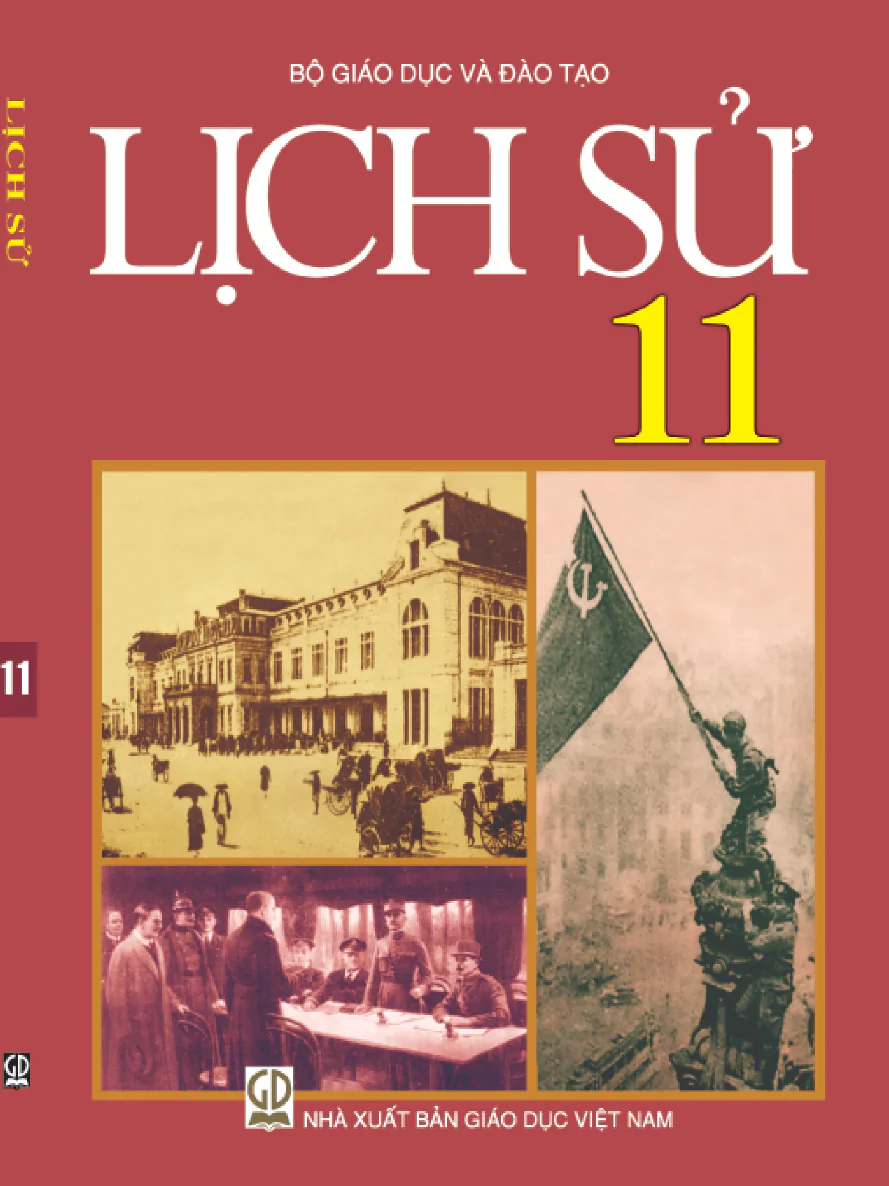




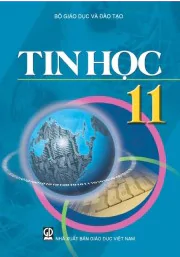



















Bình Luận
Để Lại Bình Luận Của Bạn